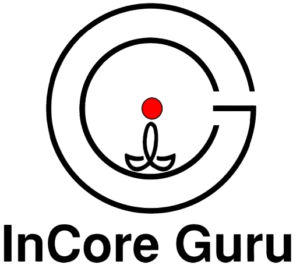- +91 8586 82 4525
- info@incoreguru.com
Practice Areas / Employment Law

Employment law is the legal framework that governs the relationship between employers and employees.
Employment law governs the relationship between employers and employees, covering a wide range of legal issues that impact the workplace. It addresses employee rights, employer obligations, and regulations that ensure fair treatment, workplace safety, and compliance with labor standards. Employment lawyers assist both employers and employees in navigating these complex issues to ensure legal compliance and resolve disputes.
Employment Contracts Employment contracts define the terms of the employer-employee relationship. Legal services in this area include:
Wage and Hour Laws Wage and hour laws set standards for minimum wage, overtime, and working conditions. Legal support in this area includes:
Discrimination and Harassment Employment law protects workers from discrimination and harassment based on race, gender, religion, age, disability, and other protected categories. Legal services include:
Wrongful Termination Wrongful termination occurs when an employee is fired for unlawful reasons. Legal support includes:
Employment law ensures that both employers and employees understand their rights and responsibilities in the workplace. For employers, legal compliance helps prevent lawsuits, fines, and damage to reputation, while for employees, employment law protects against unfair treatment, ensuring workplace justice and safety.


At Incore Guru, our aim is to help businesses in managing and create intellectual property (IP) and provide comprehensive IP solutions for every aspect of conducting business in the knowledge economy.
C165 Sarvodaya Enclave New Delhi 110017 INDIA
101 Tilak Path CMR Point #101 INDORE 452007 INDIA
